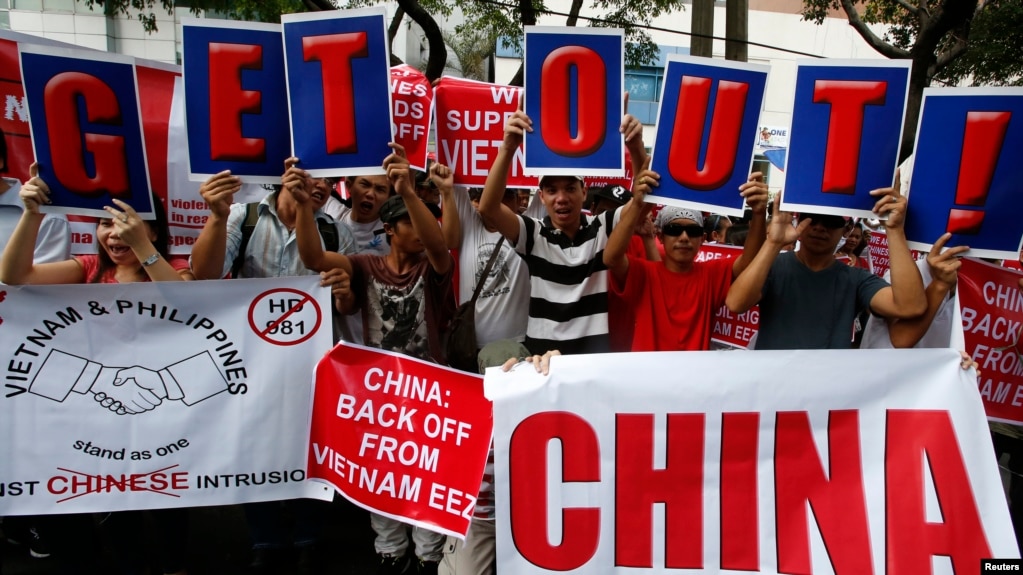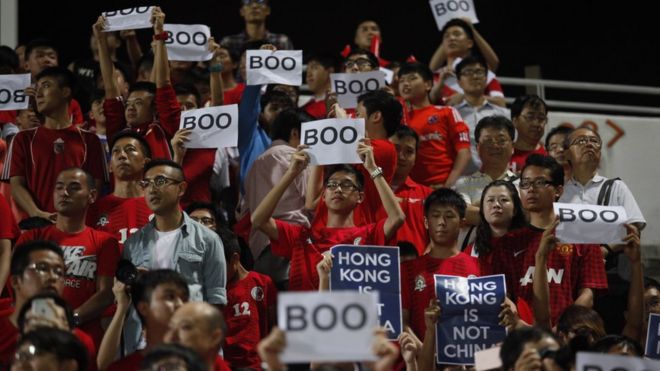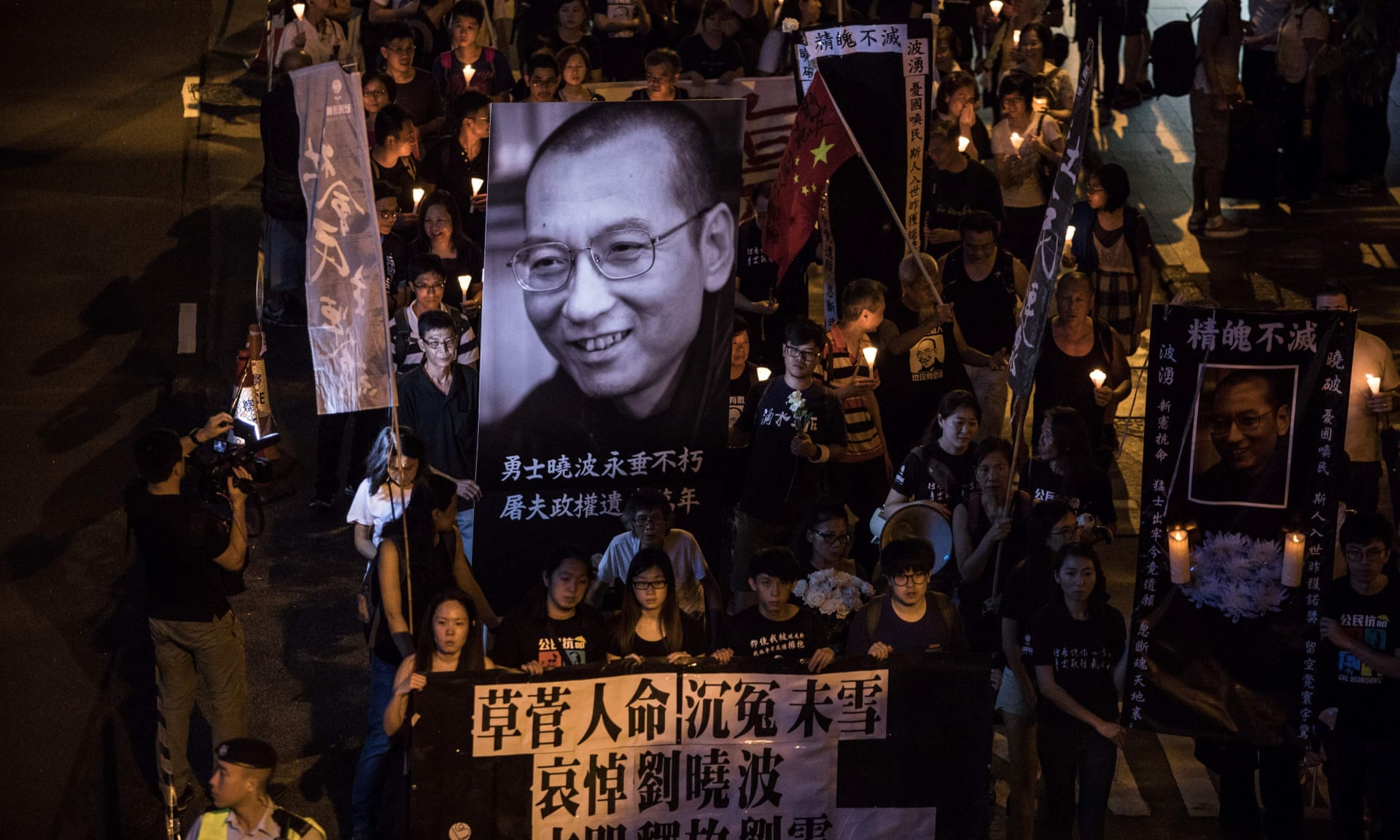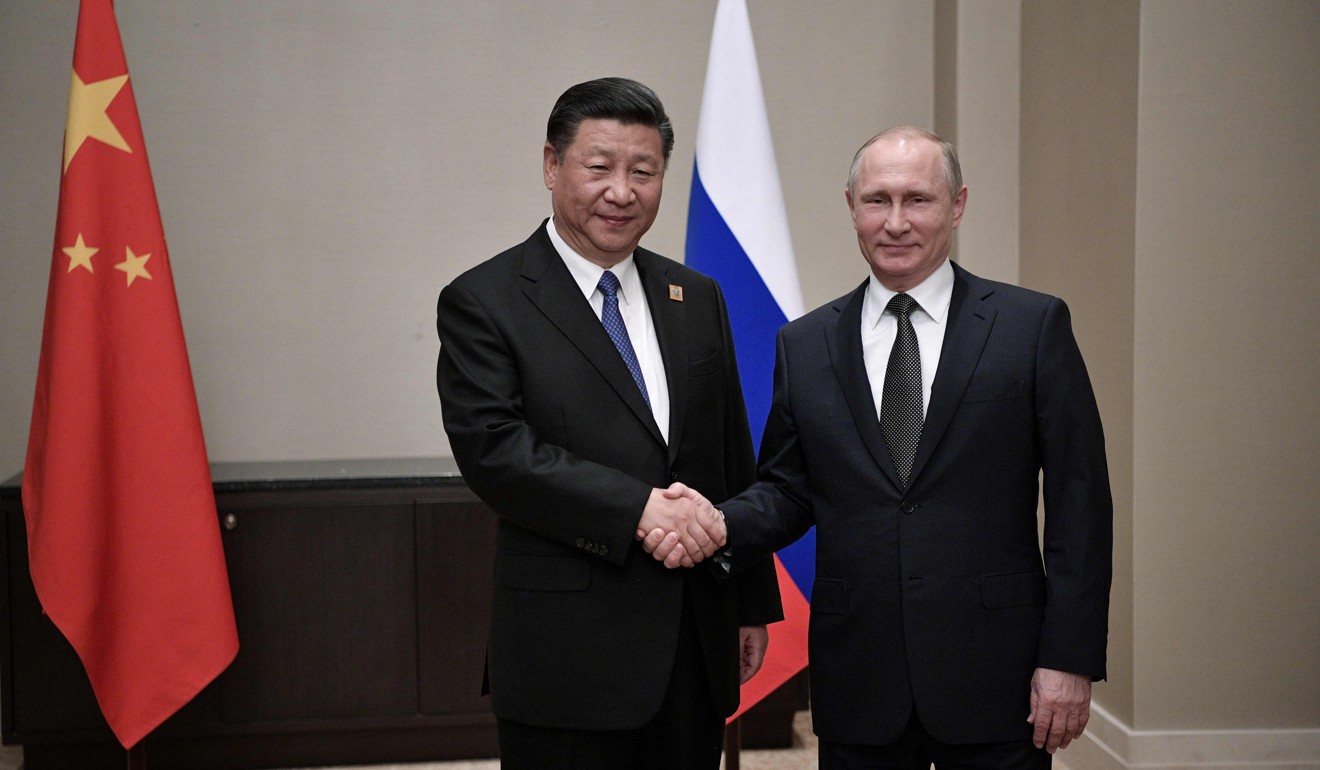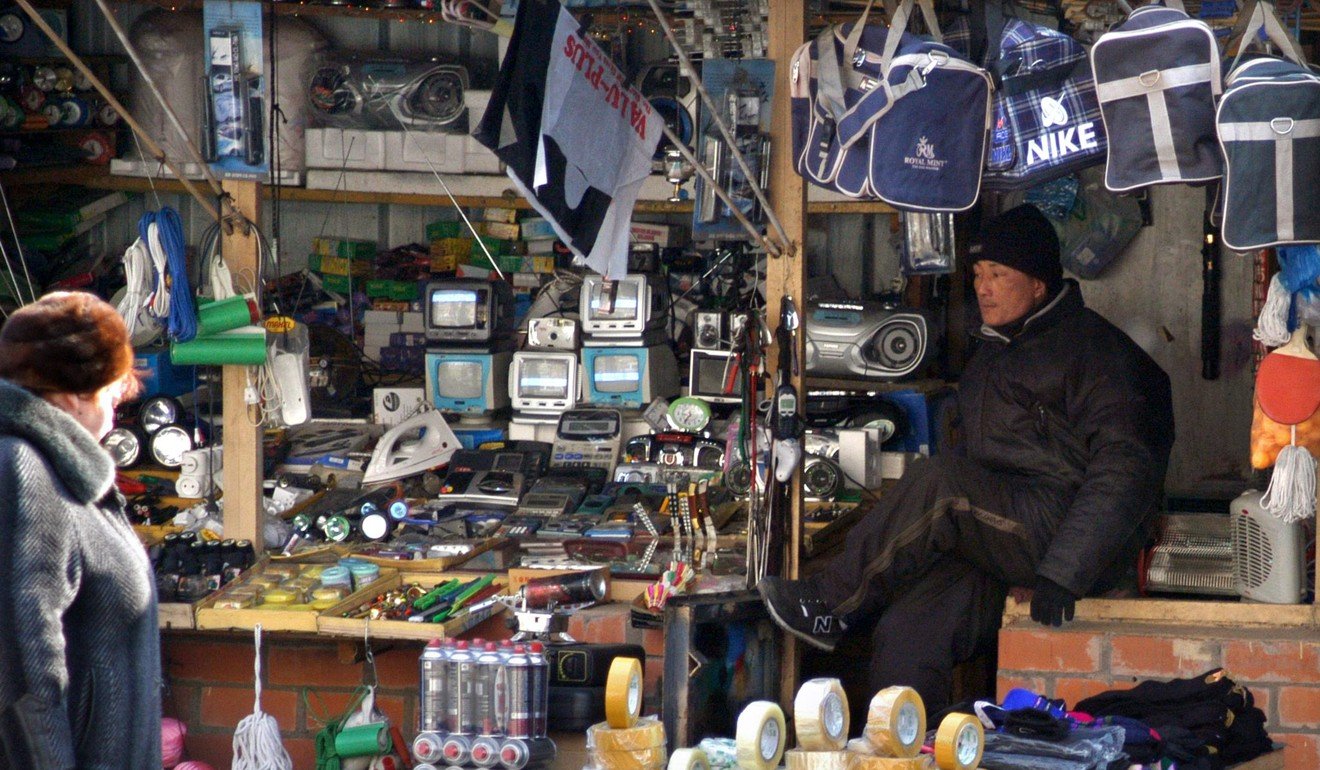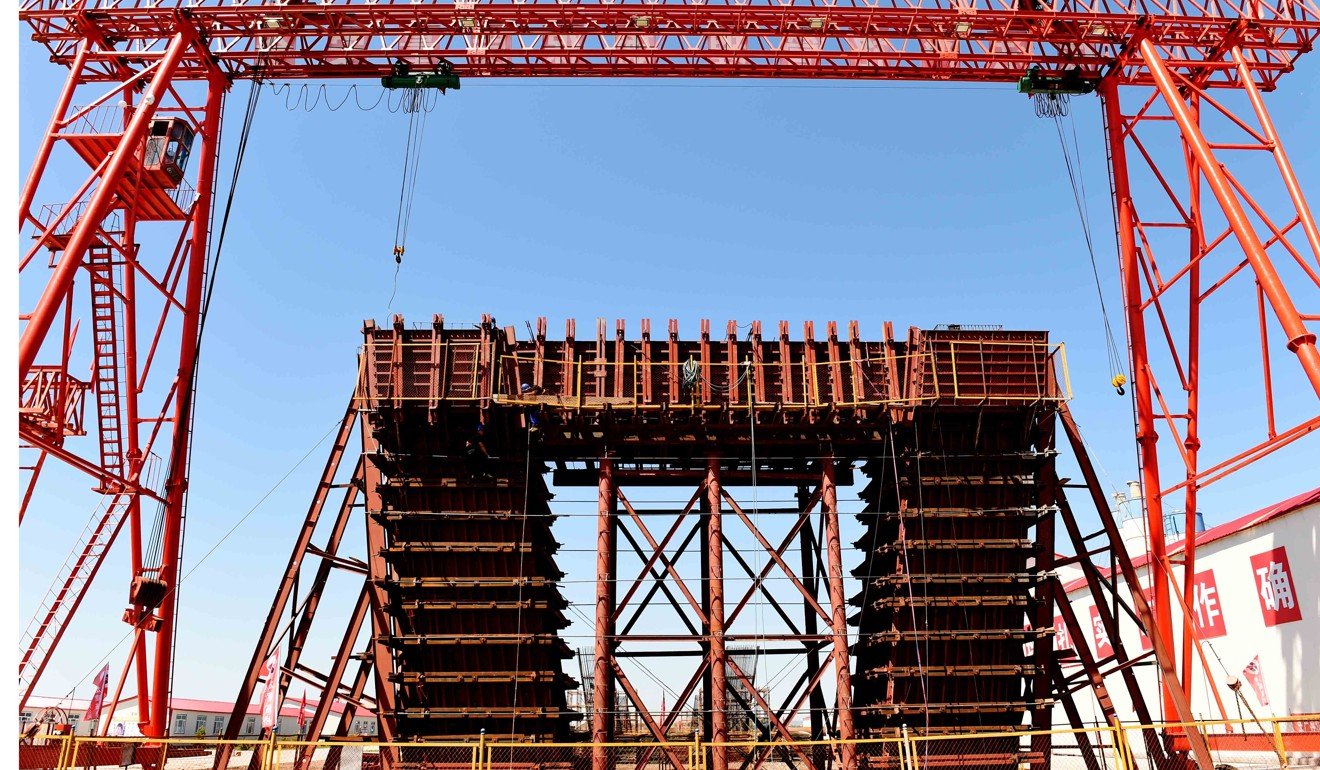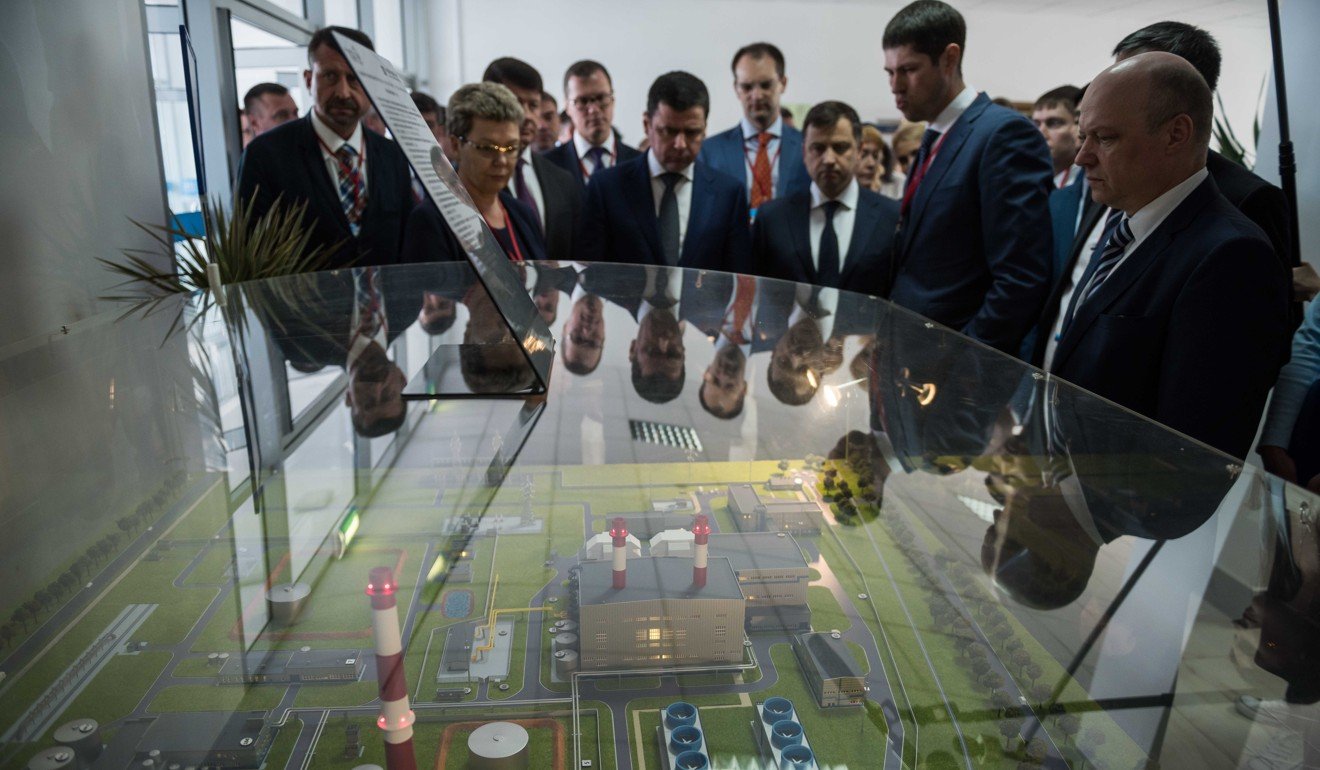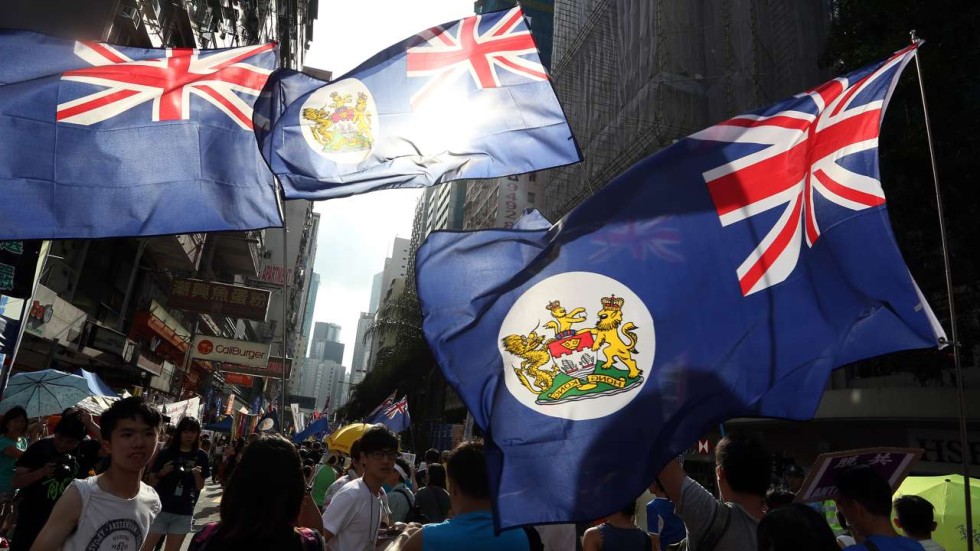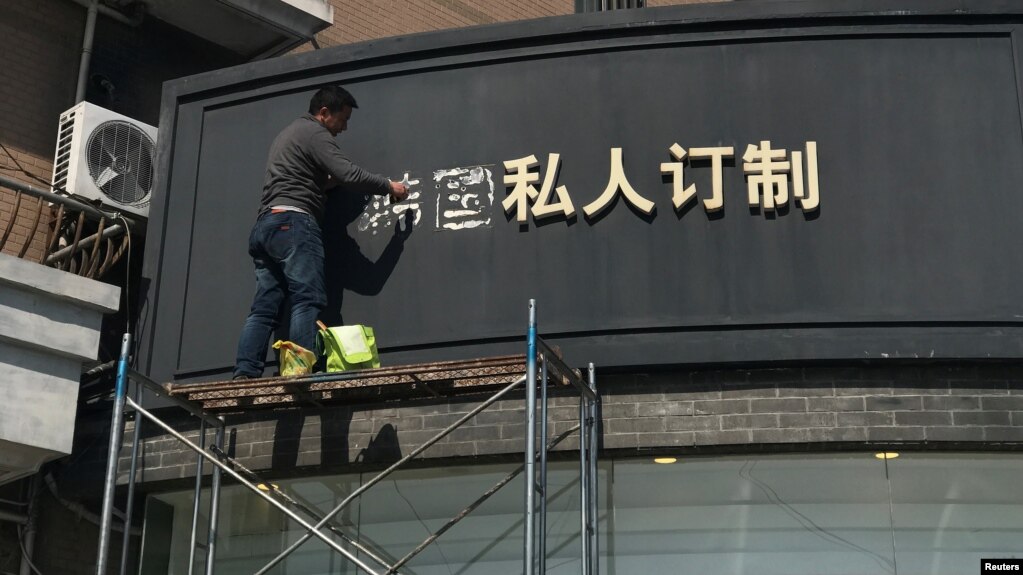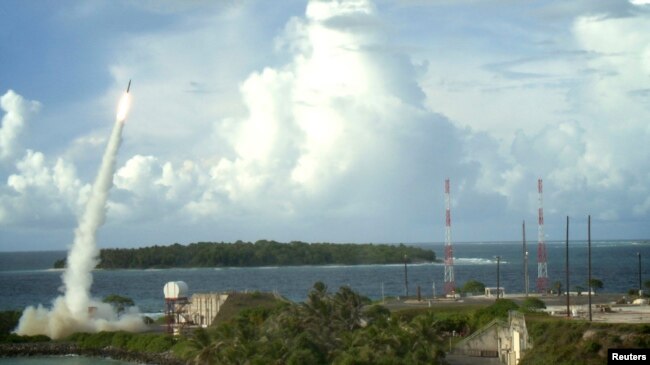Trendy Now: Acute Sinophobia
No Country For Sick Chinese: As Chinese Coronavirus Spreads, So Does Anti-Chinese SentimentBy Motoko Rich

South Korean protesters calling for a ban on Chinese visitors.
In Japan, the hashtag #ChineseDon’tComeToJapan has been trending on Twitter.
In Singapore, hundreds of thousands of residents have signed a petition calling for the government to ban Chinese nationals from entering the country.
In Hong Kong, South Korea and Vietnam, businesses have posted signs saying that mainland Chinese customers are not welcome.
In Hong Kong, South Korea and Vietnam, businesses have posted signs saying that mainland Chinese customers are not welcome.
In France, a front-page headline in a regional newspaper warned of a “Chinese Alert.”
And in a suburb of Toronto, parents demanded that a school district keep children of a family that had recently returned from China out of classes for 17 days.
The rapid spread of the Chinese coronavirus that has sickened about 9,800 people — the overwhelming majority in China, with all of the 213 deaths there — has unleashed a wave of panic and outright anti-Chinese sentiment across the globe.
While officials scramble to contain the crisis — the World Health Organization declared a global health emergency and the State Department issued a “do not travel” to China advisory — fears over the dangerous outbreak have fueled global Sinophobia.
The rapid spread of the Chinese coronavirus that has sickened about 9,800 people — the overwhelming majority in China, with all of the 213 deaths there — has unleashed a wave of panic and outright anti-Chinese sentiment across the globe.
While officials scramble to contain the crisis — the World Health Organization declared a global health emergency and the State Department issued a “do not travel” to China advisory — fears over the dangerous outbreak have fueled global Sinophobia.
And the wave of spreading panic has, at times, far outstripped practical concerns.
At a time when China’s rise as a global economic and military threat has unsettled its neighbors in Asia as well as democracies in the West, the Chinese coronavirus is feeding into latent allergy against the Chinese.
“Sinophobia is likely undergirded by broader political and economic tensions and anxieties related to China, which are interacting with more recent fears of contagion,” said Kristi Govella, an assistant professor of Asian studies at the University of Hawaii, Manoa.
Some of the response to the outbreak can be seen as a rational calculation based on the risk of infection: Airlines are canceling flights to Wuhan, the center of the epidemic, and other Chinese cities, and conference organizers are asking Chinese delegations not to attend.

Chinese tourists in Bangkok on Thursday.
At a time when China’s rise as a global economic and military threat has unsettled its neighbors in Asia as well as democracies in the West, the Chinese coronavirus is feeding into latent allergy against the Chinese.
“Sinophobia is likely undergirded by broader political and economic tensions and anxieties related to China, which are interacting with more recent fears of contagion,” said Kristi Govella, an assistant professor of Asian studies at the University of Hawaii, Manoa.
Some of the response to the outbreak can be seen as a rational calculation based on the risk of infection: Airlines are canceling flights to Wuhan, the center of the epidemic, and other Chinese cities, and conference organizers are asking Chinese delegations not to attend.

Chinese tourists in Bangkok on Thursday.
Late Thursday, Italy’s prime minister said that his country had blocked all flights to and from China. And countries like Malaysia, the Philippines, Russia and Vietnam have temporarily stopped issuing certain classes of visas to travelers from Hubei Province, where Wuhan is situated, or China altogether.
“I think it is time to put a ‘do not enter’ sign on our doorstep for visitors from China,” said Ralph Recto, a lawmaker in the Philippines.
Bangkok residents are avoiding malls that are particularly popular with Chinese tourists.
“I think it is time to put a ‘do not enter’ sign on our doorstep for visitors from China,” said Ralph Recto, a lawmaker in the Philippines.
Bangkok residents are avoiding malls that are particularly popular with Chinese tourists.
A plastic surgery office in the wealthy Gangnam neighborhood of Seoul has instructed employees that they can see Chinese customers only if they can prove that they have been in South Korea for 14 days or more, the potential period that the virus can lie dormant.
At a sushi restaurant in the neighborhood that once housed the Tsukiji fish market in Tokyo, where about 90 percent of the customers are Chinese, Yaeko Suenaga, 70, a server, said she understood why stores might want to reject visitors from China.
“I don’t think this fear comes from discrimination,” Ms. Suenaga said, “but from the true fear that humans have of getting infected with a virus that may lead to death.”
At a sushi restaurant in the neighborhood that once housed the Tsukiji fish market in Tokyo, where about 90 percent of the customers are Chinese, Yaeko Suenaga, 70, a server, said she understood why stores might want to reject visitors from China.
“I don’t think this fear comes from discrimination,” Ms. Suenaga said, “but from the true fear that humans have of getting infected with a virus that may lead to death.”
Ms. Suenaga said that her restaurant would continue to welcome all customers, but that workers would wear masks.
It is not always easy to discern the boundary between understandable fear and unmistakable phobia.
It is not always easy to discern the boundary between understandable fear and unmistakable phobia.
But some protective measures have effectively amounted to Han racial profiling.
At Bread Box, a banh mi restaurant in central Hoi An, a popular tourist outpost in Vietnam, the owners posted a makeshift sign outside their storefront this month reading, “We can’t service for Chinese, SORRY!”
At Bread Box, a banh mi restaurant in central Hoi An, a popular tourist outpost in Vietnam, the owners posted a makeshift sign outside their storefront this month reading, “We can’t service for Chinese, SORRY!”
Up the coast, the Danang Riverside Hotel announced on Saturday that it would not accept any Chinese guests because of the Chinese virus.

A sign at a nail shop in Phu Quoc, Vietnam.

A sign at a nail shop in Phu Quoc, Vietnam.
Kwong Wing Catering, a small restaurant chain in Hong Kong, announced in a Facebook post on Wednesday that it would serve only patrons speaking English or Cantonese, the city’s native language — a tongue distinct from the Mandarin spoken on the mainland.
The business has been a vocal supporter of the Hong Kong democracy movement that has risen up in defiance of Beijing.
Public health experts said they understood the impulses.
Public health experts said they understood the impulses.
“In a sense, it’s a natural reaction to try to distance yourself from a potential cause of illness, particularly when there’s no known cure,” said Karen Eggleston, director of the Asia health policy program at the Shorenstein Asia-Pacific Research Center at Stanford University.
In Australia, The Herald Sun, a Murdoch-owned newspaper, published the words “China Virus Panda-monium” over an image of a red mask.
Le Courrier Picard, a regional newspaper in northern France, caused outrage with its “Chinese Alert” headline this month.
Chinese bioterrorists
On Twitter in Japan, where there has long been unease about the conduct of Chinese tourists, commenters have labeled them “dirty” and “insensitive” and have called them “bioterrorists.”
Chinese travelers at the airport in Colombo, Sri Lanka, on Thursday.

Chinese travelers at the airport in Colombo, Sri Lanka, on Thursday.
A much-viewed YouTube video in South Korea claims that a biochemical weapons facility in China leaked the coronavirus, a theory that has gained currency in other corners of the globe.
In Australia, a post circulating on Instagram warned that shops in Sydney containing items like fortune cookies, rice and “Chinese Red Bull” were contaminated.
In France, one Chinese woman told the newspaper Le Monde that she had been insulted by a car driver who shouted “Keep your virus, dirty Chinese!” and “You are not welcome in France” as he sped away through a puddle, splashing her.
In Australia, Andy Miao, 24, an ethnic Chinese Australian who returned this month from a trip to China, said that passengers on public transport gave him odd looks if he was not wearing a face mask.
“It makes people like me who are very "Australian" feel like outsiders,” Miao said.
“It makes people like me who are very "Australian" feel like outsiders,” Miao said.
The Chinese were subjected to similar Sinophobic reactions during the SARS epidemic of 2003.
But now far more Chinese are traveling abroad: According to the Ministry of Culture and Tourism, Chinese travelers made about 150 million overseas trips in 2018, up more than 14 percent from the previous year.

Chinese tourists in Sydney, Australia, last year.

Chinese tourists in Sydney, Australia, last year.
China’s lockdown of tens of millions of people, intended to curb the spread of the Chinese virus, may be spurring other governments to react, said Koichi Nakano, a political scientist at Sophia University in Tokyo.
“The fact that the Chinese government itself is treating people like that would in some ways enable or encourage some of the other people or governments to take equally draconian measures,” Mr. Nakano said.
Some governments are trying to ease the panic.
“The fact that the Chinese government itself is treating people like that would in some ways enable or encourage some of the other people or governments to take equally draconian measures,” Mr. Nakano said.
Some governments are trying to ease the panic.
In Toronto, politicians, a school board and some community groups have issued public appeals to avoid a repetition of the Sinophobia that swept the city in 2003, when SARS killed 44 people there.
“While the Chinese virus can be traced to a province in China, we have to be cautious that this not be seen as a Chinese virus,” the school board in the York Region, a suburb with many Chinese residents, said in a statement issued on Monday.
“While the Chinese virus can be traced to a province in China, we have to be cautious that this not be seen as a Chinese virus,” the school board in the York Region, a suburb with many Chinese residents, said in a statement issued on Monday.
“At times such as this, we must come together as Canadians and avoid any hint of Sinophobia, which in this case can victimize our East Asian Chinese community.”
In the Ginza shopping district of Tokyo, which is often thronged with Chinese tourists, Michiko Kubota, who runs a clothing boutique, said she hoped the Japanese government might do more to help Chinese, such as by sending masks or other medical supplies.




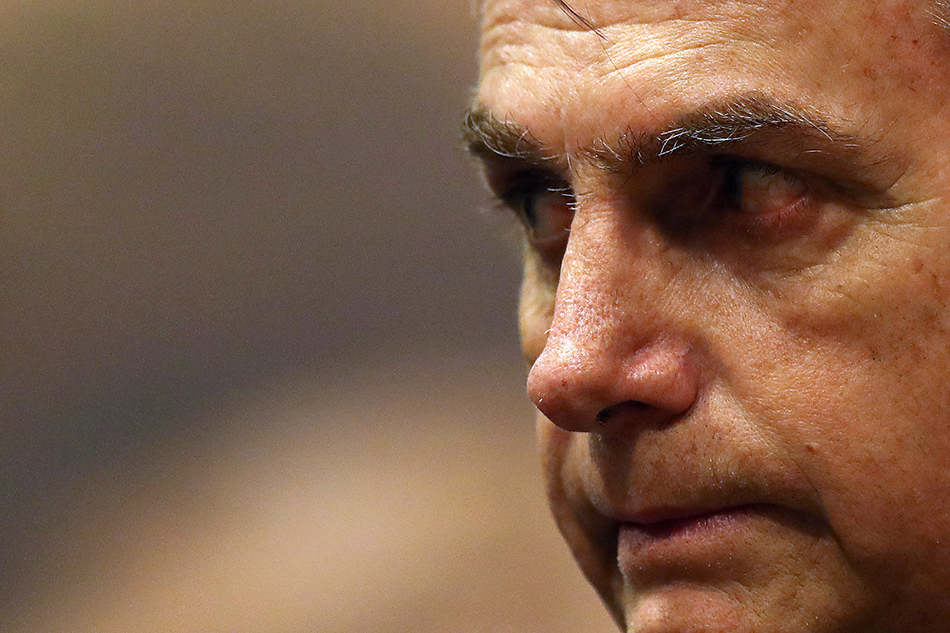 Presidential candidate Jair Bolsonaro attends a news conference in Rio de Janeiro, Brazil October 11, 2018.
Presidential candidate Jair Bolsonaro attends a news conference in Rio de Janeiro, Brazil October 11, 2018. 

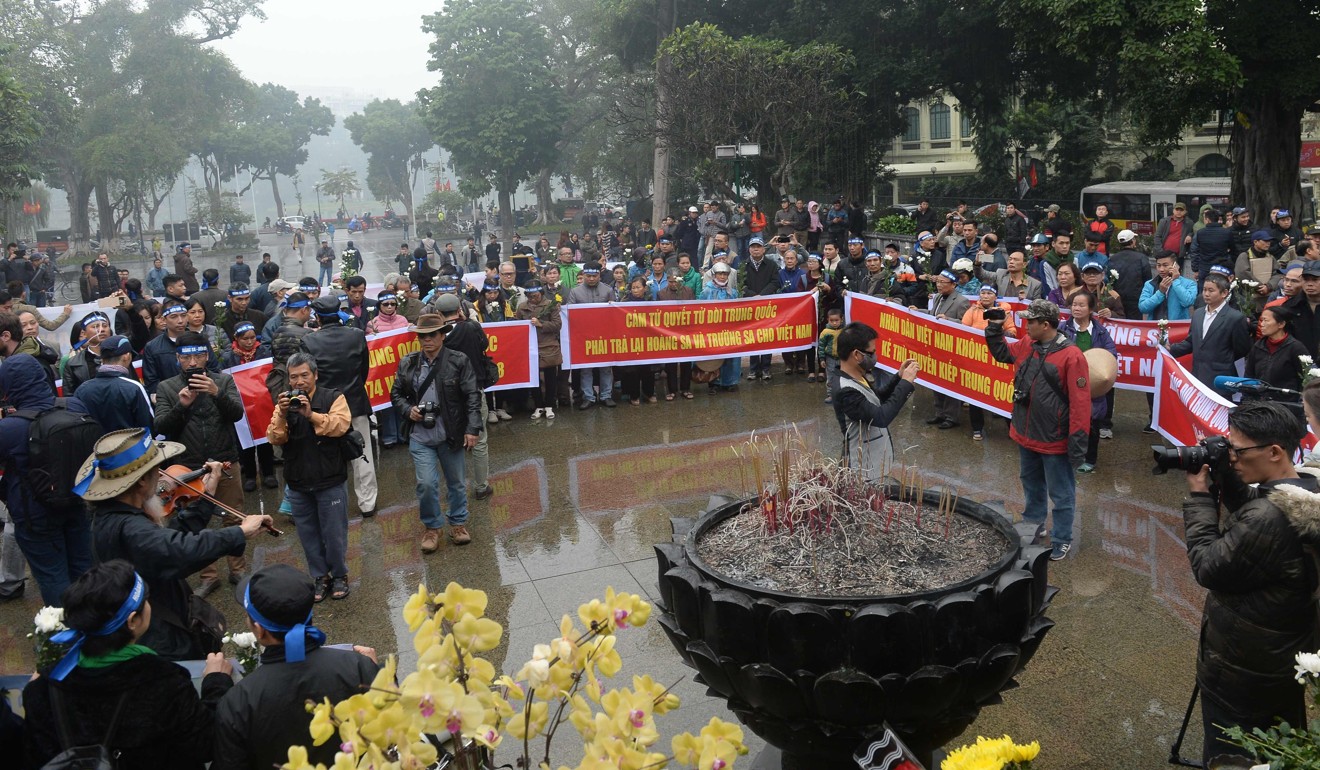 Activists stage a rally marking the 42nd anniversary of the 1974 naval battle between China and then-South Vietnamese troops over the Paracel Islands, in front of the statue of Vietnamese King Ly Thai Tô in Hanoi.
Activists stage a rally marking the 42nd anniversary of the 1974 naval battle between China and then-South Vietnamese troops over the Paracel Islands, in front of the statue of Vietnamese King Ly Thai Tô in Hanoi. 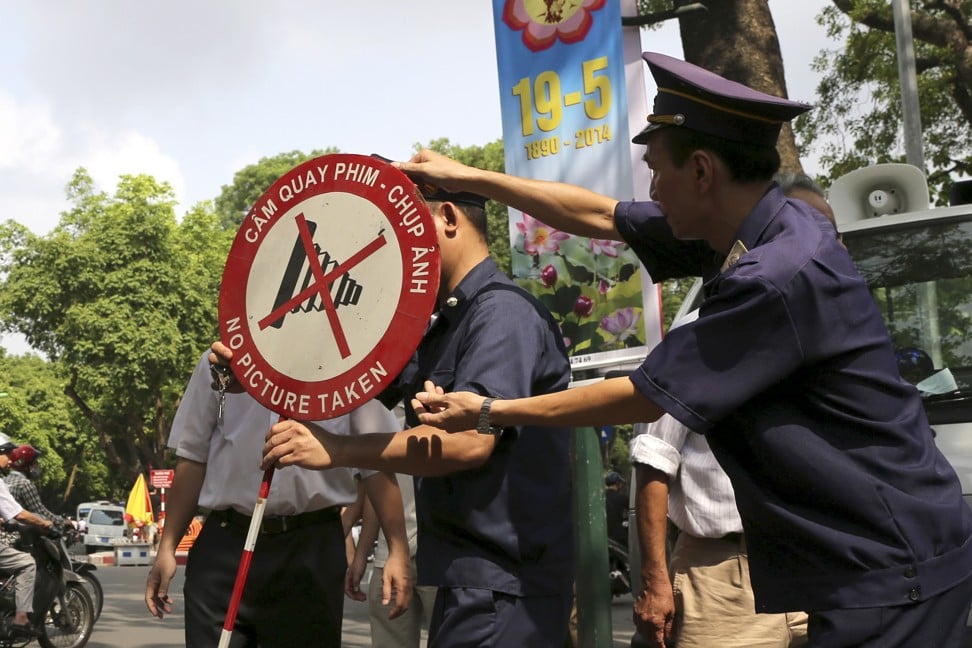 Vietnamese security officers move a sign advising people not to take photographs near the Chinese embassy in Hanoi after authorities forcibly broke up small protests against China in May 2014.
Vietnamese security officers move a sign advising people not to take photographs near the Chinese embassy in Hanoi after authorities forcibly broke up small protests against China in May 2014. 

